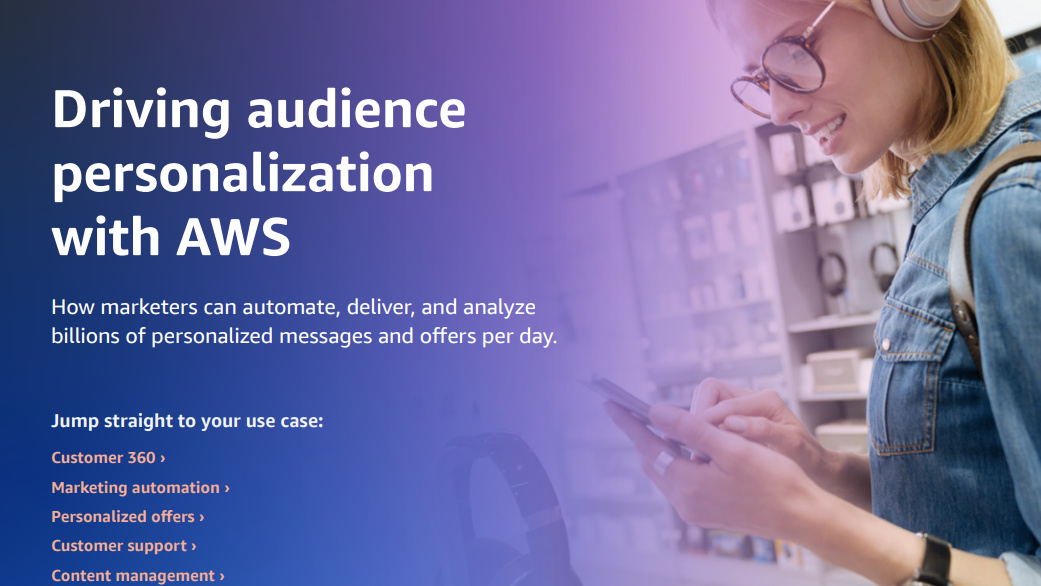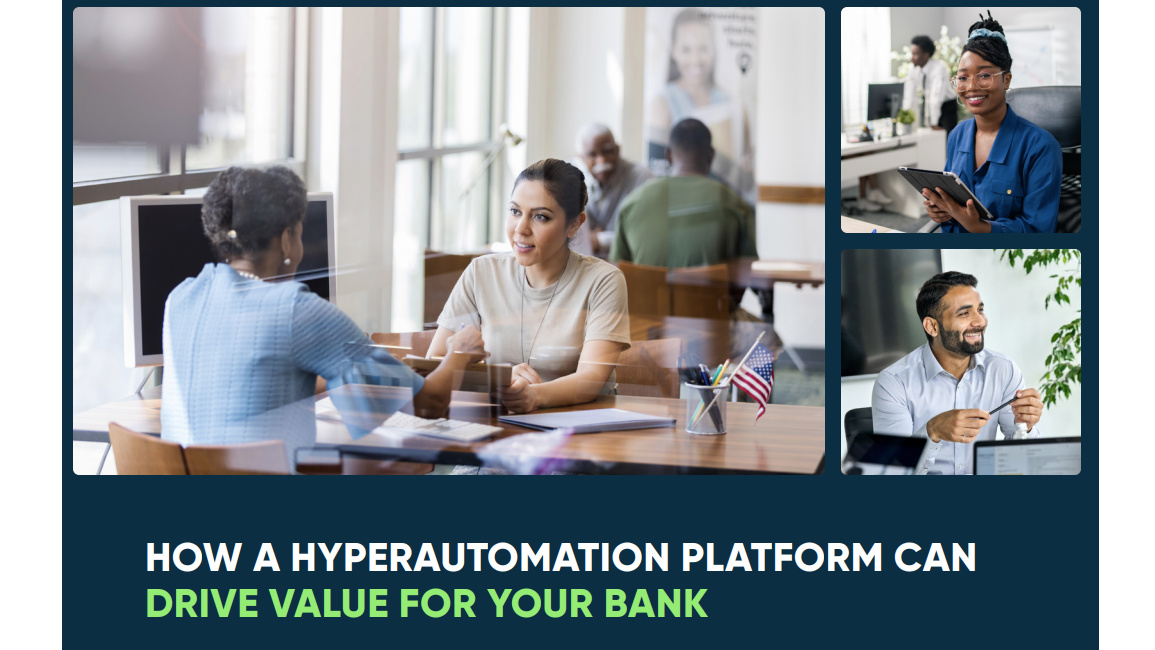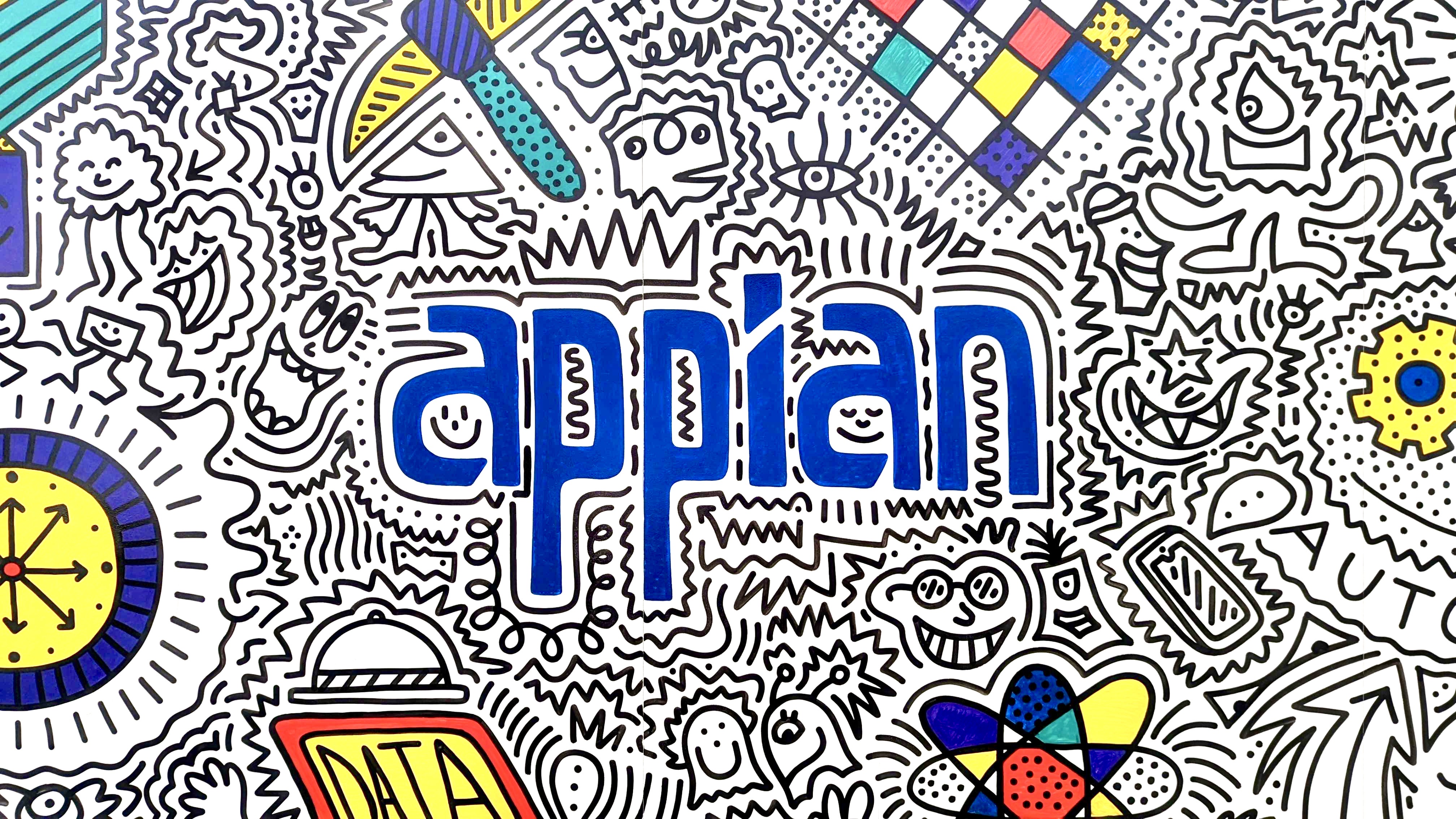Open APIs to fuel next-stages of NHS digitisation
NHSX deputy CEO hopes to echo the success of the popular Trainline app


The health and social care system can exploit the "phenomenal enthusiasm" among small and medium-sized businesses by embracing open source principles, according to healthcare experts.
Open Application Programming Interfaces (APIs) can be one route to putting users at the heart of innovation in the NHS, which would mark a step-change from digital transformation strategies of the past.
Moreover, a renewed strategy is underpinning digital transformation efforts, coordinated by the newly-created NHSX, according to its deputy CEO Dr Simon Eccles.
Speaking at a London forum on healthcare innovation this morning, Dr Eccles said user need is among the core guiding principles behind NHSX's mission to enact health secretary Matt Hancock's tech vision.
These principles also involve boosting information-sharing, data interoperability and guaranteeing security and patient privacy.
"Where you get this right, open interfaces that others can work with, you end up taking advantage of a phenomenal enthusiasm in British small and medium-sized enterprises," Dr Eccles told conference delegates.
This will also encourage "individual clinicians who want to help write better solutions to their problems, and who can then build on the technology that's already available".
Get the ITPro daily newsletter
Sign up today and you will receive a free copy of our Future Focus 2025 report - the leading guidance on AI, cybersecurity and other IT challenges as per 700+ senior executives
He cited the widespread popularity of the Trainline app, which proves slightly more expensive than booking train tickets directly, but takes advantage of open APIs to offer a more seamless user experience.
"How do we do the same thing that allows someone to design an application to make it possible for a district nurse managing diabetes in the local community to see everything they want perfectly for that job?" he continued.
"A digital ecosystem, all of those open APIs, will allow really brilliant opportunities that the rest of the market will provide to give us the tools and services."
Dr Eccles, who worked on the NHS's first digital transformation venture in the early 2000s, known as the National Programme for IT (NPfIT), added the onus on user need was lacking in past initiatives.
NHS England's long-term plan represents the latest effort to enact a digital strategy. This, he argued, will be successful, because the health service has learned the error of its ways. Priorities also are being realigned to focus on areas that make a difference to clinicians' workloads and the way digital systems are integrated.
For example, there's an understanding that no digital transformation effort will be a success unless the NHS discards its paper-based system. The pockets of promising innovation, too, must be highlighted and shared with the wider health service.
NHSX, which launched on 1 July, has also made a commitment to upskilling the workforce and making systems more intuitive. Ensuring applications are tailored for individual users, meanwhile, as opposed to being written in a one-size-fits-all form, will make digitisation more effective.
The health secretary created NHSX to serve as a means of bringing together digital transformation projects within the health service under a single umbrella.
Since then the health service has also committed to hiring a chief clinical information officer (CCIO) to sit on the board of every NHS organisation.

Keumars Afifi-Sabet is a writer and editor that specialises in public sector, cyber security, and cloud computing. He first joined ITPro as a staff writer in April 2018 and eventually became its Features Editor. Although a regular contributor to other tech sites in the past, these days you will find Keumars on LiveScience, where he runs its Technology section.
-
 Cleo attack victim list grows as Hertz confirms customer data stolen
Cleo attack victim list grows as Hertz confirms customer data stolenNews Hertz has confirmed it suffered a data breach as a result of the Cleo zero-day vulnerability in late 2024, with the car rental giant warning that customer data was stolen.
By Ross Kelly
-
 Lateral moves in tech: Why leaders should support employee mobility
Lateral moves in tech: Why leaders should support employee mobilityIn-depth Encouraging staff to switch roles can have long-term benefits for skills in the tech sector
By Keri Allan
-
 Optimise CX and accelerate business growth through your voice network
Optimise CX and accelerate business growth through your voice networkwhitepaper Protecting the human experience in a digital world
By ITPro
-
 Enterprises are doubling down on IT optimization strategies – and it’s delivering huge financial returns
Enterprises are doubling down on IT optimization strategies – and it’s delivering huge financial returnsNews Organizations that have cracked IT cost optimization and innovation reap the rewards both financially and in terms of time to market.
By Emma Woollacott
-
 IDC InfoBrief: Sustainability doesn’t need to be all stick and no carrot
IDC InfoBrief: Sustainability doesn’t need to be all stick and no carrotwhitepaper CIOs are facing two conflicting strategic imperatives
By ITPro
-
 How to empower employees to accelerate emissions reduction
How to empower employees to accelerate emissions reductionin depth With ICT accounting for as much as 3% of global carbon emissions, the same as aviation, the industry needs to increase emissions reduction
By Fleur Doidge
-
 Automate personalization with AWS
Automate personalization with AWSWhitepaper How marketers can automate, deliver, and analyze billions of personalized messages and offers per day
By ITPro
-
 The Forrester Wave™: API management solutions
The Forrester Wave™: API management solutionsWhitepaper The 15 providers that matter the most and how they stack up
By ITPro
-
 How a hyper-automation platform can drive value for your bank
How a hyper-automation platform can drive value for your bankWhitepaper Five ways automated processes can drive revenue and growth
By ITPro
-
 Appian wants to be the AI company for AI skeptics
Appian wants to be the AI company for AI skepticsAnalysis The firm outlines its AI strategy at Appian World 2023 while using ChatGPT and Midjourney to create scripts and imagery for keynote presentations
By Rory Bathgate